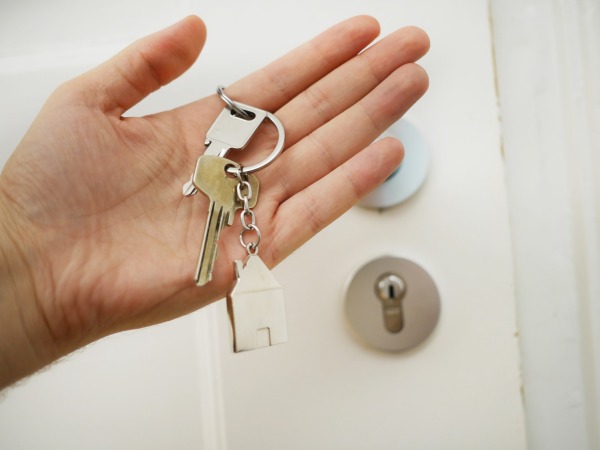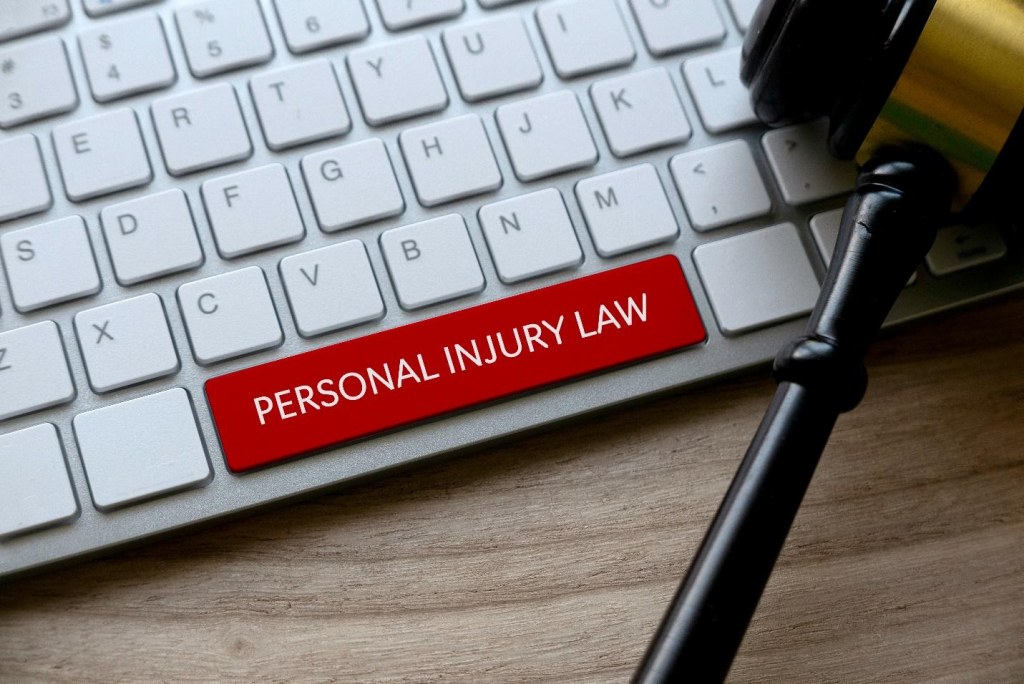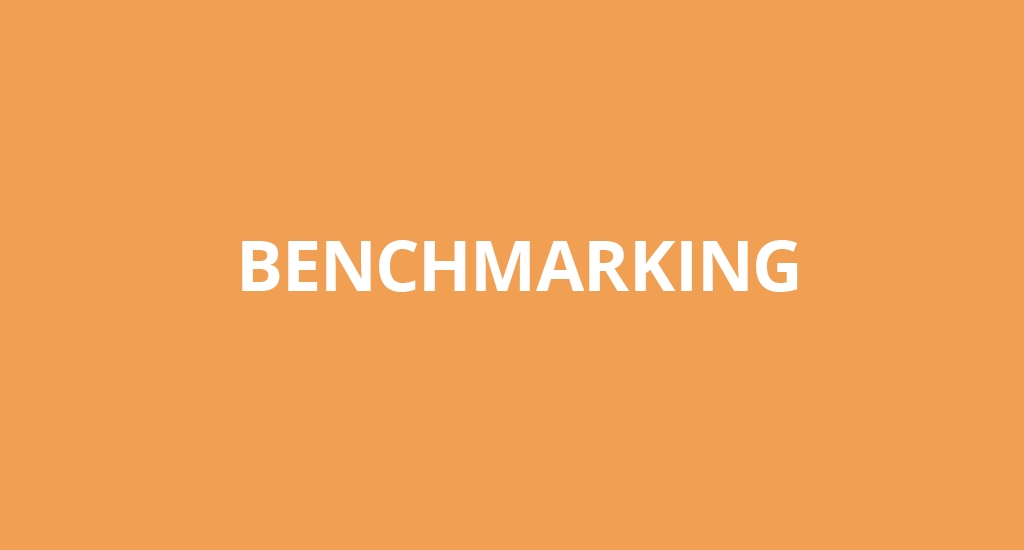The age-old question of rent vs sell has always been a tricky one. You will find yourself wondering why you would not want to rent out your property, it just makes extra money, right? Well, it’s more complicated than that. Renting out your home can end up losing you a vast amount of cash if mismanaged, not to mention that you can be taken advantage of if you aren’t prone to conflicts. Keep in mind that even though there are a lot of reasons to rent out your property, it all comes down to circumstances and specifications about the property, location, and housing market. Everything comes with its own risks, and it falls upon you to better inform yourself to minimize that risk.
1. (Possible) Long-term Profit

Consistently renting out your house (provided it exceeds the mortgage payments and other expenses) means it will also bring more profit in the long run. The success can vary as we have previously established, the frequency of renting out your place depends on several factors, some of which you cannot influence. If the property is in a bad or otherwise hostile location, don’t get your hopes up about getting multiple tenants. Later on, if you don’t feel like being a landlord anymore you can even opt for selling it, and reaping the profits you’ve previously gained.
2. Tax Shelter
Owning rental property provides multiple benefits. Giving you multiple expense deductions like Renters Warehouse’s fees, utilities, mortgage interest, repairs, and property taxes. This further stimulates you into being a landlord. However, this does not include improvements. It still requires you to pay annual taxes (picture yourself as a small business owner). As stated on the Internal Revenue Service’s (IRS) website: “If you own rental real estate, you should be aware of your federal tax responsibilities. All rental income must be reported on your tax return, and in general, the associated expenses can be deducted from your rental income.”
3. Provides a Source of Income Even When You’re in Retirement
Some people simply don’t know how to not spend their monthly earnings. A rental property can help you build larger returns in equity and cash flow. Consider it a form of insurance. This is also a good way of maintaining a steady source of income well into your retirement. After all, if you are committed to owning rental property in your retirement then this also gives you an activity to have in your later years.
4. Inflation-proof Plan
Owning a rental property is a safe investment during periods of high inflation, it can not only help you during those troubling times but also turn a profit, as the charging is not based on a fixed price. That way when inflation is high, it creates a cash flow from rent regardless of the current economic situation.
5. The House Will Still be Yours

If you are like most of us, you get attached to objects and places. Perhaps it was your childhood home that you cherished, but you had to move out recently due to a job opportunity. Not to fear, you don’t have to sell the property because of this instead, you can profit off of it. By renting out the property you effectively make sure that the house doesn’t get abandoned, someone else can get the chance to make memories in it, all the while you still preserve the fond memories that you had of the place. This also does mean that you have property just in case the need ever arises. Of course, this does mean that significant maintenance will have to be done, as well as keeping tabs on the new tenant. You might need to look into strata management if you cannot manage all of these things by yourself.
6. Minimalizes Loses in a Down Market
Selling market not looking too good? Keep the property then. If your options are multiple, then you can opt for keeping the property temporarily before selling it. By doing this, you ensure to have a stable source of income while also achieving your original plan of selling the property when the price and demand are higher. Keep tabs on your local housing market in order to always stay up-to-date with the current prices and trends. Optimize your financial strategy to get the most money out of it.


